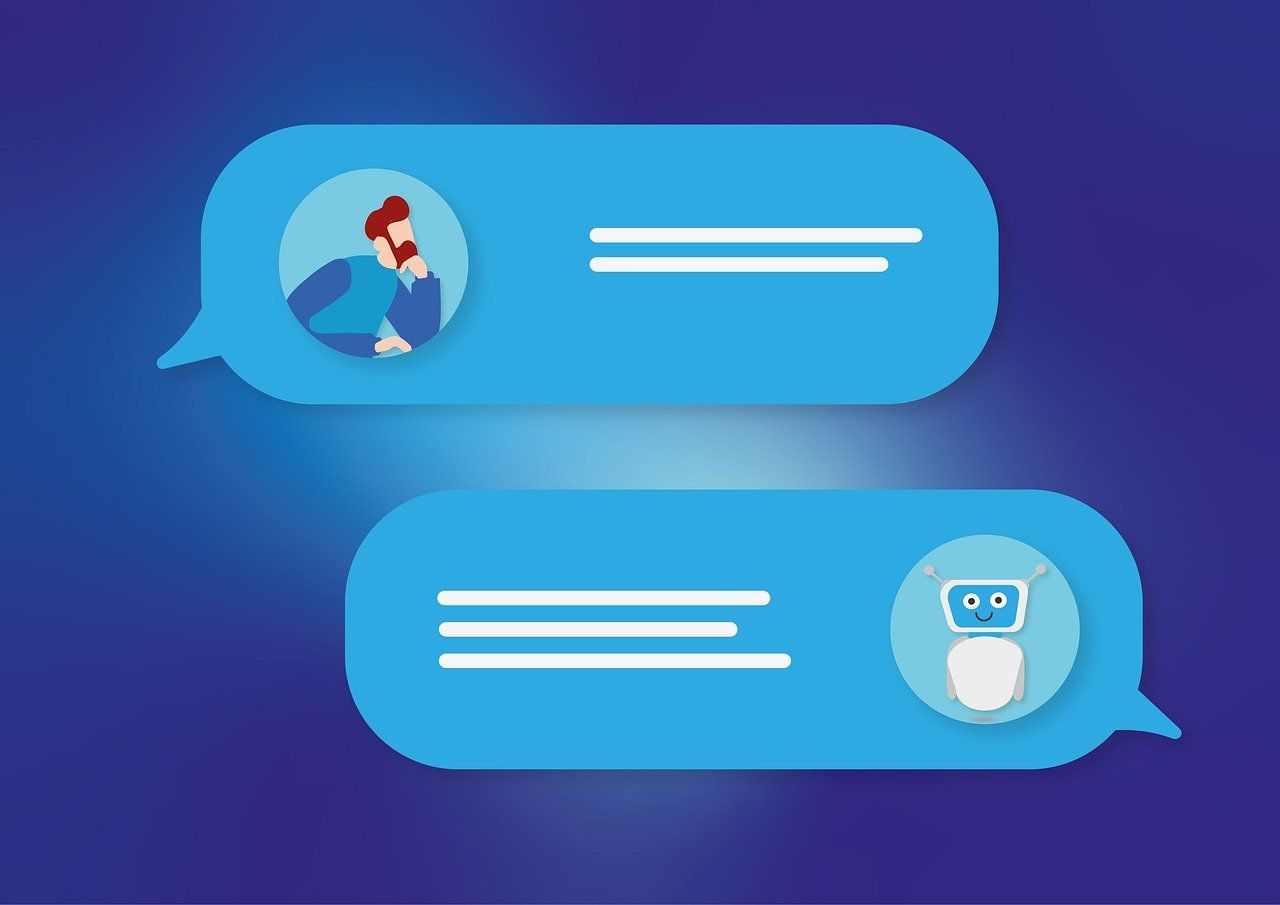
AI-Assisted Programming: The Rise of AI Tools Like GitHub Copilot
 In recent years, the software development landscape has undergone a significant transformation with the advent of AI-assisted programming tools. Among these groundbreaking innovations, GitHub Copilot stands out as a prime example of how artificial intelligence is reshaping the way developers write code.
In recent years, the software development landscape has undergone a significant transformation with the advent of AI-assisted programming tools. Among these groundbreaking innovations, GitHub Copilot stands out as a prime example of how artificial intelligence is reshaping the way developers write code.
The Evolution of Programming Assistance
From IDEs to AI Companions
Integrated Development Environments (IDEs) have long been the programmer's best friend, offering features like syntax highlighting, code completion, and debugging tools. However, the introduction of AI-assisted programming marks a quantum leap in developer support. These AI tools go beyond simple autocompletion, understanding context and intent to suggest entire code blocks and solutions.
The Birth of GitHub Copilot
GitHub Copilot, launched in 2021, represents a culmination of years of research in machine learning and natural language processing. Developed through a collaboration between GitHub and OpenAI, Copilot leverages the GPT (Generative Pre-trained Transformer) model, trained on vast repositories of public code.
How GitHub Copilot Works
The Power of Machine Learning
At its core, GitHub Copilot uses a large language model trained on billions of lines of code from public repositories. This training allows it to understand patterns, conventions, and best practices across various programming languages and frameworks.
Context-Aware Suggestions
What sets Copilot apart is its ability to understand the context of your code. It doesn't just suggest the next line based on what you've typed; it comprehends the overall structure and purpose of your program, offering relevant and often surprisingly accurate code snippets.
Multilingual Support
Copilot isn't limited to a single programming language. It can assist with a wide range of languages, from Python and JavaScript to more niche languages, adapting its suggestions to the specific syntax and conventions of each. The Impact of AI-Assisted Programming
Boosting Developer Productivity
One of the most immediate benefits of tools like GitHub Copilot is the significant boost in productivity. Developers can write code faster by leveraging AI-generated suggestions, reducing the time spent on repetitive coding tasks and boilerplate code.
Enhancing Code Quality
AI assistants can suggest best practices and help maintain consistent coding styles across projects. This can lead to more readable, maintainable code, especially in large teams or open-source projects with many contributors.
Accelerating Learning for Novices
For those new to programming or learning a new language, AI-assisted tools can be invaluable. Novice programmers can learn from AI suggestions, exposing them to new coding patterns, functions, and techniques they might not have discovered on their own.
Streamlining Problem-Solving
When faced with complex problems, AI tools can propose solutions or provide starting points that developers might not have considered. This can lead to more innovative approaches and faster problem resolution.
Challenges and Considerations in AI-Assisted Programming
Code Ownership and Licensing Concerns
The use of AI-generated code raises important questions about intellectual property. When an AI suggests a code snippet, who owns that code? How do we ensure that AI-generated code doesn't inadvertently introduce licensing conflicts?
The Risk of Over-Reliance
While AI assistance can be incredibly helpful, there's a risk of developers becoming overly dependent on these tools. It's crucial to maintain a deep understanding of programming principles and not lose the ability to code independently.
Ensuring Code Quality and Security
AI-generated code, while often helpful, isn't infallible. Developers need to remain vigilant, reviewing AI suggestions for potential bugs, security vulnerabilities, or inefficiencies that the AI might not catch.
Ethical Considerations
As AI becomes more integrated into the development process, we must grapple with ethical questions. How do we ensure fairness and avoid bias in AI-generated code? How do we maintain transparency about the use of AI in software development?
The Future of AI in Programming
Natural Language to Code Translation
Future AI assistants may be able to generate entire programs from natural language descriptions, bridging the gap between human ideas and executable code.
Automated Code Optimization
AI could analyze entire codebases, suggesting optimizations for performance, readability, and maintainability on a scale beyond what human developers can achieve manually.
Predictive Bug Detection
Advanced AI models might predict potential bugs or security vulnerabilities before they occur, based on patterns learned from millions of codebases.
AI-Driven Software Architecture
We may see AI assistants capable of suggesting optimal software architectures based on project requirements, potentially revolutionizing the early stages of software design.
Embracing the AI-Assisted Future
The rise of AI-assisted programming tools like GitHub Copilot represents a significant leap forward in software development. By embracing these technologies, developers can enhance their productivity, improve code quality, and focus on higher-level problem-solving and innovation.
As we navigate this new era of AI-assisted programming, it's crucial to stay informed about the latest developments and best practices. Whether you're a seasoned developer or just starting your coding journey, understanding and leveraging AI tools can give you a competitive edge in the rapidly evolving tech landscape.
Getting Started with AI-Assisted Programming
Exploring GitHub Copilot
If you're interested in trying AI-assisted programming, GitHub Copilot is a great place to start. It integrates seamlessly with popular IDEs and offers a free trial for new users.
Best Practices for AI Collaboration
When working with AI tools, remember to:
- Always review and understand the suggested code
- Use AI suggestions as a starting point, not a final solution
- Continuously update your programming knowledge to make the most of AI assistance
Conclusion
The field of AI-assisted programming is rapidly evolving. Stay updated by following relevant tech blogs, attending webinars, and participating in developer communities focused on AI and coding.
To learn more about how Edge AI can transform your IoT solutions or to discuss your specific needs, visit our contact page.
To learn more, visi our contact page.
Related Articles


